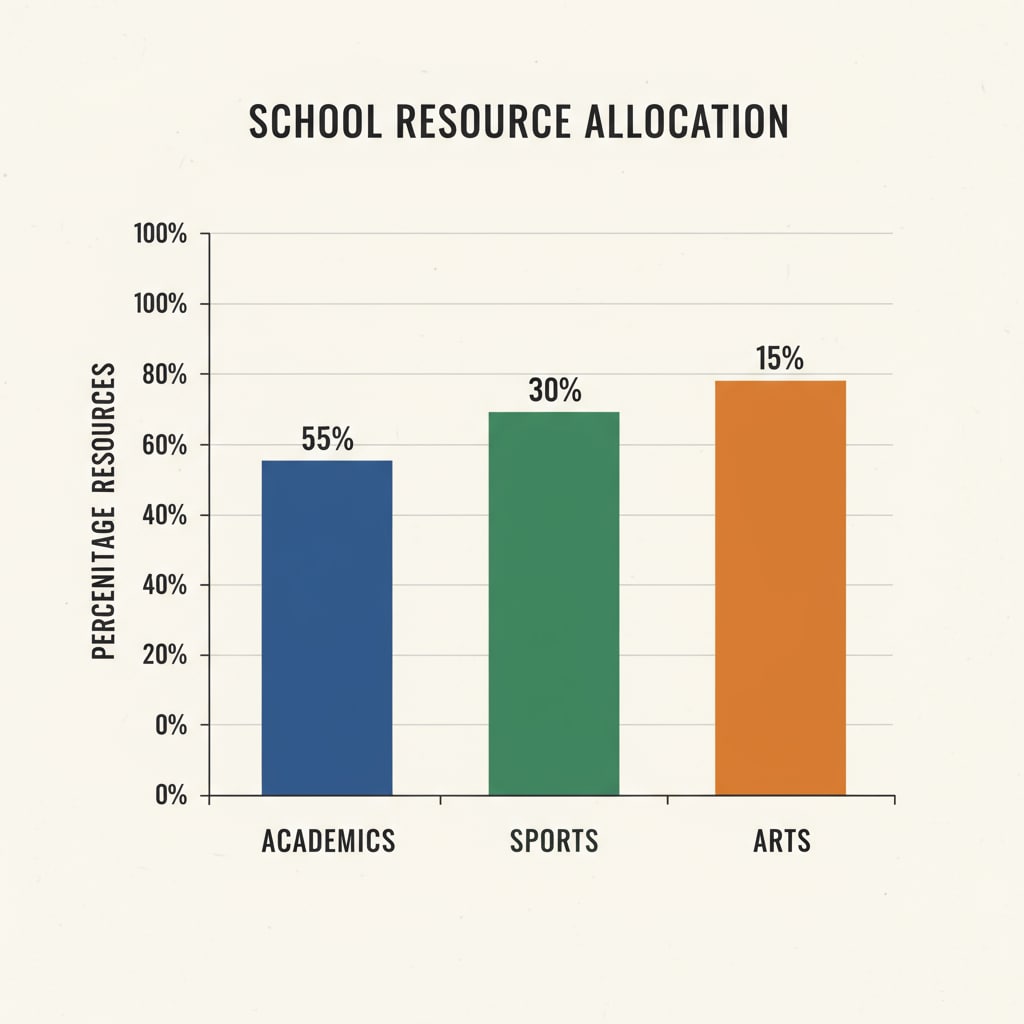In the realm of educational management, ethical dilemmas and leadership decisions are integral parts of a school administrator’s daily life. School leaders often find themselves in complex situations where they must make choices that balance the interests of multiple stakeholders. These decisions can have a profound impact on the educational environment, student outcomes, and the overall well-being of the school community.

The Ethical Quandaries in Educational Management
One of the most common ethical challenges in educational management is resource allocation. Schools often have limited budgets, and administrators must decide how to distribute resources fairly. For example, should they prioritize funding for academic programs or extracurricular activities? This decision can be particularly difficult when there are competing needs and interests among different groups within the school. According to Education World, resource allocation is a constant struggle for school leaders, as they must consider the long-term goals of the school while also addressing immediate needs.

Leadership Decisions Amidst Ethical Dilemmas
When faced with ethical dilemmas, school administrators need to make informed leadership decisions. This requires a clear understanding of the ethical principles at stake and the potential consequences of each decision. For instance, in cases of student discipline, administrators must balance the need to maintain order with the rights and well-being of the students. They need to consider whether a particular disciplinary action is fair, consistent, and in line with the school’s values. As stated in ASCD’s resources, effective leadership in ethical situations involves transparency, communication, and a commitment to doing what is right.
To navigate these ethical challenges successfully, school administrators can adopt several strategies. First, they should establish a clear ethical framework that outlines the values and principles guiding the school. This framework can serve as a reference point when making decisions. Second, administrators should engage in open and honest communication with all stakeholders, including teachers, students, parents, and the community. This helps to build trust and understanding, and allows for different perspectives to be considered. Finally, administrators should seek professional development opportunities to enhance their ethical decision-making skills. By staying informed about the latest research and best practices in educational ethics, they can make more informed and ethical decisions.
Readability guidance: The key points here are the common ethical challenges like resource allocation and the importance of informed leadership decisions. Each challenge and strategy is presented clearly. The use of external links provides additional credibility. Transition words like “for example” and “first”, “second”, “finally” help to organize the content.


